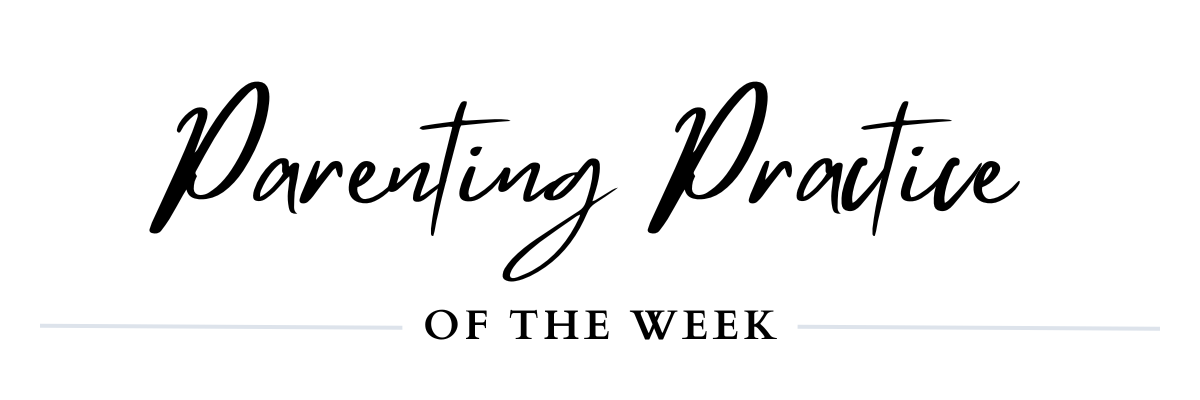Why Shame Could Be Your Relationship Game-Changer

I think we all have glimmers of insight into the aspects of our personality or communication style that contribute to the challenges we experience in our relationships.
There’s this moment, in the heat of conflict, where a window opens and we can see the role we are playing that is less-than-useful. This spark of self-awareness does something though…
It triggers shame.
And shame… that’s the feeling that most of us will avoid even more than jumping out of a perfectly good airplane.
Shame elicits defensiveness. This is our ego’s way of protecting our most tender places.
The window closes.
And we keep doing things the way we’ve always done them.
Part of our work as coaches is to make it safe for shame to show itself. We cannot change what we won’t acknowledge. We do this knowing that freedom lies on the other side of feeling, naming, and integrating our deepest fears about ourselves.
We’ve all got stuff! It’s the brave among us who will do the work to become the better version of ourselves…
Who will be a better parent to our children because of our courage.

Make a Habit: Daily Journal
To expand your awareness and ability to self-reflect, write in a journal regularly!
Journaling is a great way to process your day, understand your emotions, and reflect. It is also a great way to spend time with yourself and give yourself some attention. Let the words come out naturally, with curiosity and without judgment.
You can try:
- Writing down memorable moments of the day
- Answering specific prompts to deepen your self-awareness
- Tracking thoughts, feelings, and moods
- Practicing gratitude by making a list of things you are grateful for
- Noting celebrations and challenges in your parenting
- Tracking your dreams
- Using art to express your inner world
- Going out into nature and being inspired by words or drawings
- Creating a mindmap of different ideas
- Creating a vision and a roadmap for how you want to get there
As you keep a record of your thoughts, ideas, and feelings, you can see patterns and shifts over time. You can also start to notice how ‘reality’ shifts moment to moment as our nervous systems shift, and so do the stories we tell ourselves.
Share This Article:
Curious for more?














